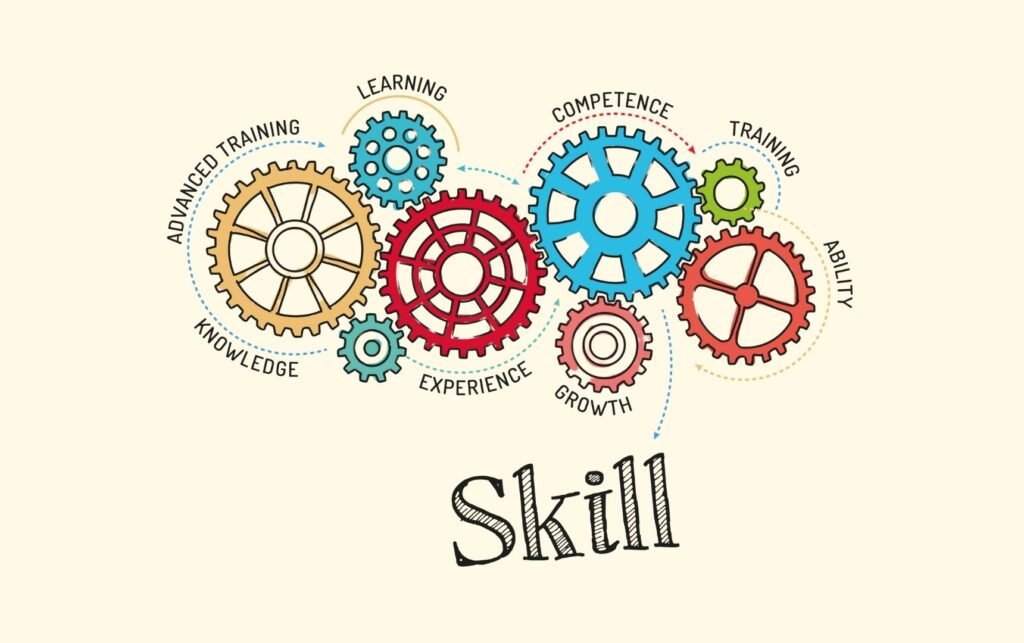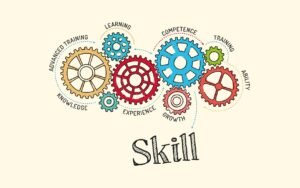Why Skill-Based Learning Is the Future of Indian Education
Ask any parent, teacher, or employer today, and you’ll hear a similar thought: “We need to prepare our children not just for exams, but beyond to make them ready for life.” That idea is now driving one of the biggest shifts in Indian education.
The days of rote learning and textbook memorization are fading. Schools across India are exploring something deeper—skill-based learning. And this shift couldn’t have come at a better time.
What Is Skill-Based Learning?
Skill-based learning shifts focus from what students know to what they can do. It emphasizes applying knowledge in real-world situations—problem-solving, collaboration, financial literacy, communication, and creativity.
Instead of just preparing for theoretical exams, students get opportunities to explore, create, and grow through experiential learning.
For instance, a child might not top exams but can confidently lead a community campaign or build a simple app. This is the power of skill-based education.
Why Indian Education Needs a Skills-Based Shift
India has one of the world’s youngest populations. But to lead globally, our youth need more than just grades—they need 21st-century skills like critical thinking, adaptability, collaboration, and emotional intelligence.
Companies today don’t hire only based on degrees. They want individuals who can solve problems, think independently, and keep learning.
Traditional education often falls short in building those real-world capabilities.
NEP 2020: Promoting Skill-Based Education in India
The National Education Policy (NEP) 2020 emphasizes skill development from an early stage. It proposes:
- Activity-based and experiential learning
- Vocational education at school level
- Coding from middle school
- Reducing rote-based exams
NEP 2020 signals a transformation: “Teach children how to learn—not just what to learn.”
Preparing Future-Ready Students
The job market is evolving rapidly. Many future careers don’t even exist today. This means students must continuously learn, unlearn, and relearn.
Skill-based education prepares children for uncertainty. It builds flexibility, curiosity, and confidence to navigate tomorrow’s world.
Recognizing Every Child’s Strength
Not every student excels in academics—but every child has a talent. Skill-based learning celebrates diverse intelligences—logic, leadership, creativity, storytelling, and more.
This approach creates an inclusive, empowering, and joyful environment for all types of learners.
How Schools Can Implement Skill-Based Learning
Schools don’t need to change everything overnight. Small, intentional steps can create lasting impact:
- Introduce life skills—like financial literacy, health, environment, and ethics.
- Use real-life scenarios in projects and group discussions.
- Promote teamwork and peer-led presentations.
- Encourage participation in logic-based competitions and creative programs.
These activities allow students to learn beyond marks and grow holistically.
Conclusion: Building Skills for Life
Skill-based education doesn’t just make students better learners—it helps them become thinkers, creators, problem-solvers, and responsible individuals.
As India steps into the future, embracing skill-based learning is not just an option—it is a necessity for building a generation that’s ready for life and work.




